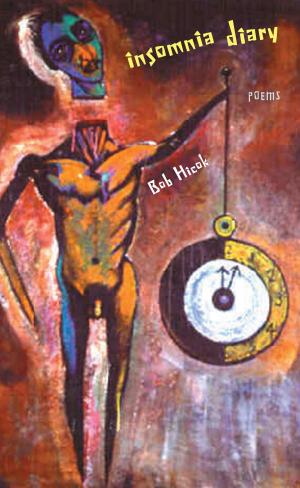The Life and Legend of James Watt
Collaboration, Natural Philosophy, and the Improvement of the Steam Engine
Nonfiction, Science & Nature, Science, Other Sciences, History| Author: | David Philip Miller | ISBN: | 9780822986799 |
| Publisher: | University of Pittsburgh Press | Publication: | May 7, 2019 |
| Imprint: | University of Pittsburgh Press | Language: | English |
| Author: | David Philip Miller |
| ISBN: | 9780822986799 |
| Publisher: | University of Pittsburgh Press |
| Publication: | May 7, 2019 |
| Imprint: | University of Pittsburgh Press |
| Language: | English |
***The Life and Legend of James Watt***offers a deeper understanding of the work and character of the great eighteenth-century engineer. Stripping away layers of legend built over generations, David Philip Miller finds behind the heroic engineer a conflicted man often diffident about his achievements but also ruthless in protecting his inventions and ideas, and determined in pursuit of money and fame. A skilled and creative engineer, Watt was also a compulsive experimentalist drawn to natural philosophical inquiry, and a chemistry of heat underlay much of his work, including his steam engineering. But Watt pursued the business of natural philosophy in a way characteristic of his roots in the Scottish “improving” tradition that was in tension with Enlightenment sensibilities. As Miller demonstrates, Watt’s accomplishments relied heavily on collaborations, not always acknowledged, with business partners, employees, philosophical friends, and, not least, his wives, children, and wider family. The legend created in his later years and “afterlife” claimed too much of nineteenth-century technology for Watt, but that legend was, and remains, a powerful cultural force.
***The Life and Legend of James Watt***offers a deeper understanding of the work and character of the great eighteenth-century engineer. Stripping away layers of legend built over generations, David Philip Miller finds behind the heroic engineer a conflicted man often diffident about his achievements but also ruthless in protecting his inventions and ideas, and determined in pursuit of money and fame. A skilled and creative engineer, Watt was also a compulsive experimentalist drawn to natural philosophical inquiry, and a chemistry of heat underlay much of his work, including his steam engineering. But Watt pursued the business of natural philosophy in a way characteristic of his roots in the Scottish “improving” tradition that was in tension with Enlightenment sensibilities. As Miller demonstrates, Watt’s accomplishments relied heavily on collaborations, not always acknowledged, with business partners, employees, philosophical friends, and, not least, his wives, children, and wider family. The legend created in his later years and “afterlife” claimed too much of nineteenth-century technology for Watt, but that legend was, and remains, a powerful cultural force.















